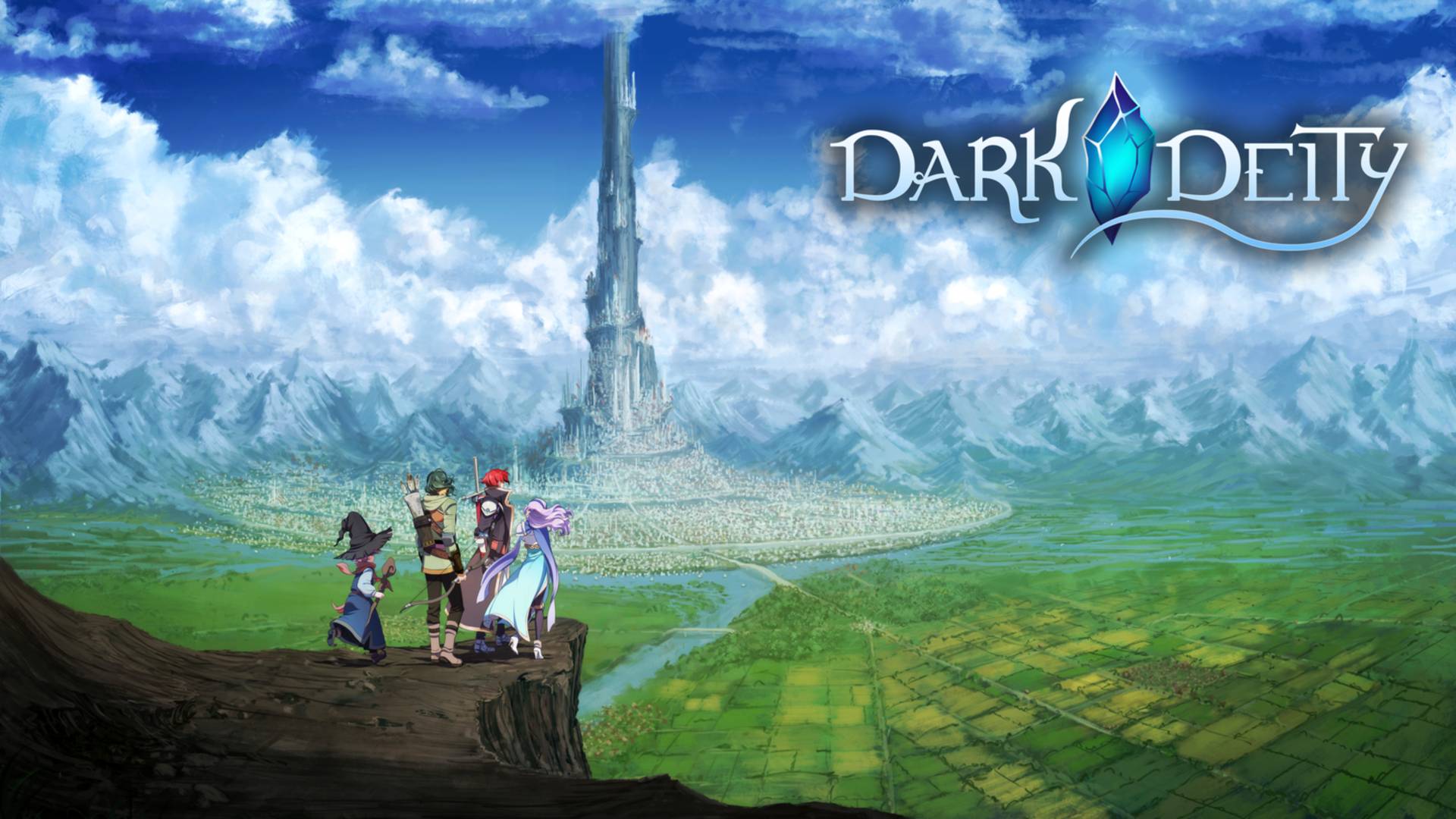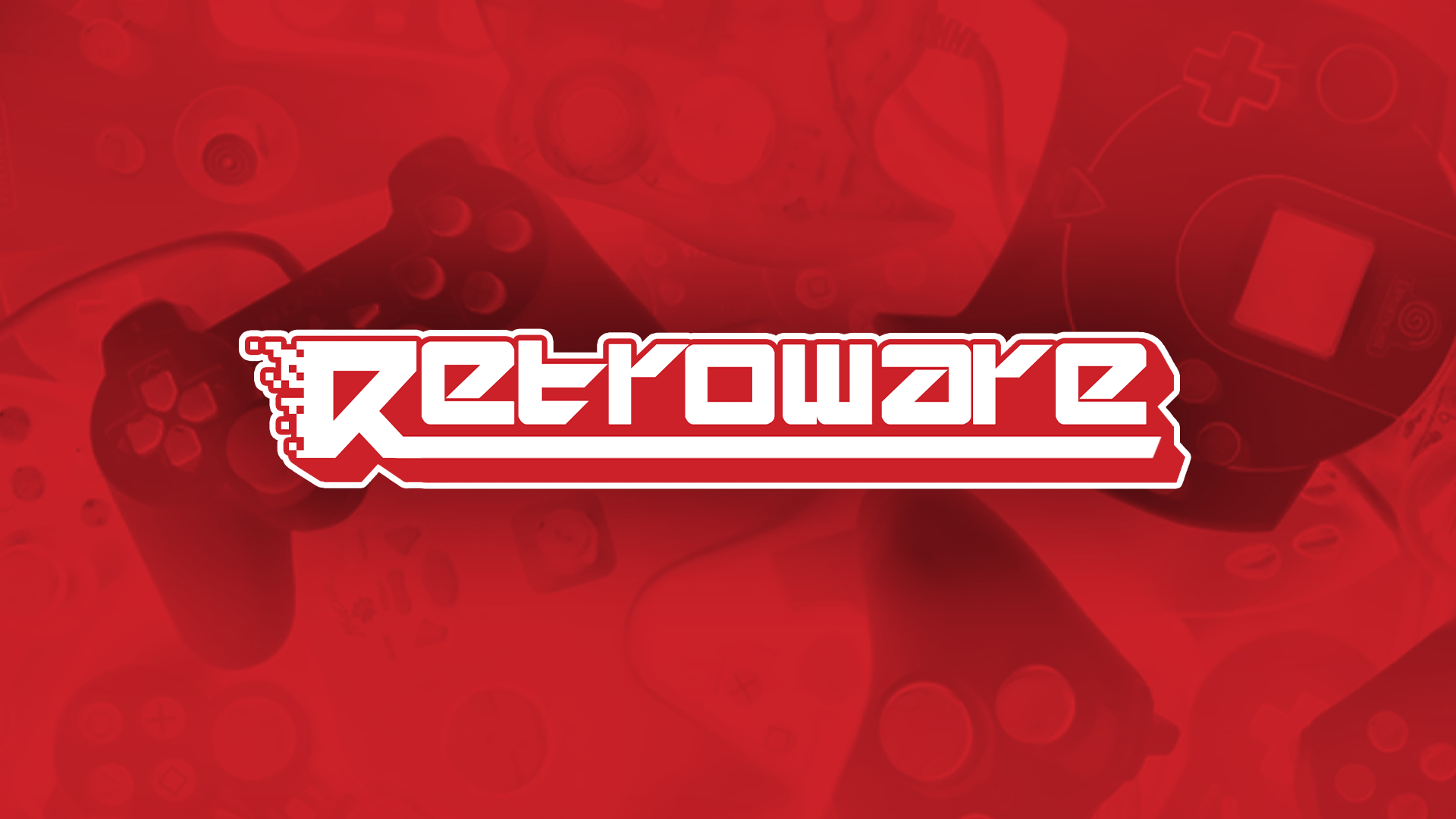Share
I know terms like genre-busting and bending can get thrown around quite a bit in this day and age. Every media writer with an eye on a video game with a cool new way to mash this and then achieves this salivates at the potential. A game doesn’t even really need to be that different to bend its constraints. Just different enough to verbosely chop it up into the blender of something-likes and make ourselves a tasty innovation smoothie. Is this change, though? I ask with sincerity… if it tastes good, is it really innovative? Should the smoothie not challenge and perhaps even offend our pallettes for it to truly be innovation? For us to truly ever banish ourselves of the tradition of familiarity, we must first be willing to depart into the unknown, into the strange, and sometimes into the dark torch-lit dungeon of the hardly playable. Within these shadows of partially praised, rarely played titles is where I dwell, coveting my 10-year-old free to play MMORPG with 122 online players in my hands stroking it like some forbidden jewel.
The components of a blockbuster game

Death Stranding came out on November 8, 2019, with an air of extravagance that could not be ignored. The trailers were weird and cryptic to the point of blurring the lines of what the game sought to be to an inscrutable shade. The development was teased and showcased for so long that often I would find myself forgetful of its existence, only to be reminded by the single spotlight shed on Hideo Kojima at a press conference. There he stood in front of a podium about to speak about this unknowable game. He was met with the same energy of a Guns N’ Roses reunion tour right before Slash began picking those first few notes of Sweet Child O’ Mine. For all intents and purposes, the PR surrounding this company had done everything it could to present these devs as nothing less than industry rockstars, on the brim of emerging from a ten-year jam session in the studio with the final product sizzling in their hands. This game had everything that people told us made video games good. Lots of actors we know playing characters we don’t, a hardly teased plot and incomprehensible gameplay, and teaser panels that showed off the latter but on a bigger screen while someone in a blazer read cue cards.
I was born with an exceptionally mundane gift. I can sit down and play just about anything and have a good time. I love experience, and I love to try new things. I do not always need those things to be good or enjoyable or profitable. In fact, I pride myself on being able to find a sparkle of interest in even the rawest and shabbiest of gems. And this isn’t to say that I like everything I play, but more that I can find something to like in even the games I find deeply unsatisfactory to my personal preferences.
And with this passion in mind, there is nothing more exciting to me than a game that wants to be something different than its peers. I love the weird and daring, the explorative, and thought-provoking. I will gladly sit through hours of default level assets and bad bugs in someone’s RPG Maker game for the small promise of something fun or even better than fun… something different.
Should Games be Good?
For many, a game doesn’t need to be perfect as long as it’s good. For me, a game doesn’t need to be good as long as it’s got something different to say. This is not a review of Death Stranding but rather a thought about its type. Certainly, it had a uniqueness to it, and while some may enjoy the gameplay, generally speaking, it’s been widely agreed upon that it’s unenjoyable for human interaction and consumption. None of that really matters to me. That’s not why I play games like this. I am here to see the scale slip ever so slightly towards provocative or strange and not exclusively towards not fun to play.
I’ve found that many games sold or suggested to me under the premise of being thought-provoking in lieu of mechanically sound are often, once again, neither. There always are exceptions, but Death Stranding didn’t really worm its way into my heart and spread through my body, thus controlling me like a parasite begging that I give it a small wink for its judicious commentary on the thing splatted across every news outlet on every screen in every room at home. What it did do, however, was remind me of an entirely different game. And that game is Sol Trader.
A tale of two games

Death Stranding and Sol Trader have a lot of shared DNA when it comes to the weird. Purely from the perspective of what the games both try to express through their gameplay, they might even be siblings. They also share similar interaction frustration with players, as both have a reputation of being not the most approachable in gameplay. The main difference, of course, is millions of dollars, an entire studio, and years of development. Still, I think if someone finds themself that drawn to the themes of Death Stranding, they should play Sol Trader. Here’s why.
Exploring connection
There’s plenty of video essays and reviews about Death Stranding’s central themes, but in a not so subtle way, the game’s central theme is connection. Hideo Kojima went out of his way in multiple articles to talk about disconnection in society and how the Stranding relates to that in every applicable way. Sol Trader is also a game about connection and disconnection. It’s a game about quite literally being lost in the vast societal ocean of names, motives, histories, cultures, and family. Everyone in the world works somewhere, lives somewhere, and is someone’s family. Sol Trader places you as a nobody amidst an endless galaxy of places and people. When wandering from place to place, talking to everyone that will chat with you, the game makes you feel overwhelmingly lost in the crowd. This is where the element of human disconnection is forefront.
Sol Trader rewards human connections and contacts to the point that they can become more valuable than currency. Missions range from gathering information at a bar to asking your stepdad if you can borrow his ship so you can fly to another planet and find out where your old college roommate works now and trade that information. The game plays as a space-faring data broker system, where you strive to connect and come into the good graces of every person you meet, and thus your Rolodex of social power can grow.
Sol Trader was met with criticism, and a lot of it very valid. Despite the game’s ambition and unique direction provided by singular developer Chris Parson, the game isn’t really that much fun to play. And here, my ability to enjoy the unenjoyable allowed me to play it for more hours than I ever could bear to make Norman Reedus stride up endless hills toward the inevitable metaphor I was assured was waiting for me.
While I’m sure not all Death Stranding fans will enjoy Sol Trader, I do believe the game has just as much to offer as a commentary on societal connection, if not more. Despite their monumentally different development pacing and process, both games faced similar critiques, hopes, and receptions. All of this is really to say that if you can overlook the figurative and buggy missteps of a game like Death Stranding, then games like Sol Trader absolutely deserve some of your time if you can give it. I think you’ll be impressed by the scale of the experience, give or take a Norman Reedus.



